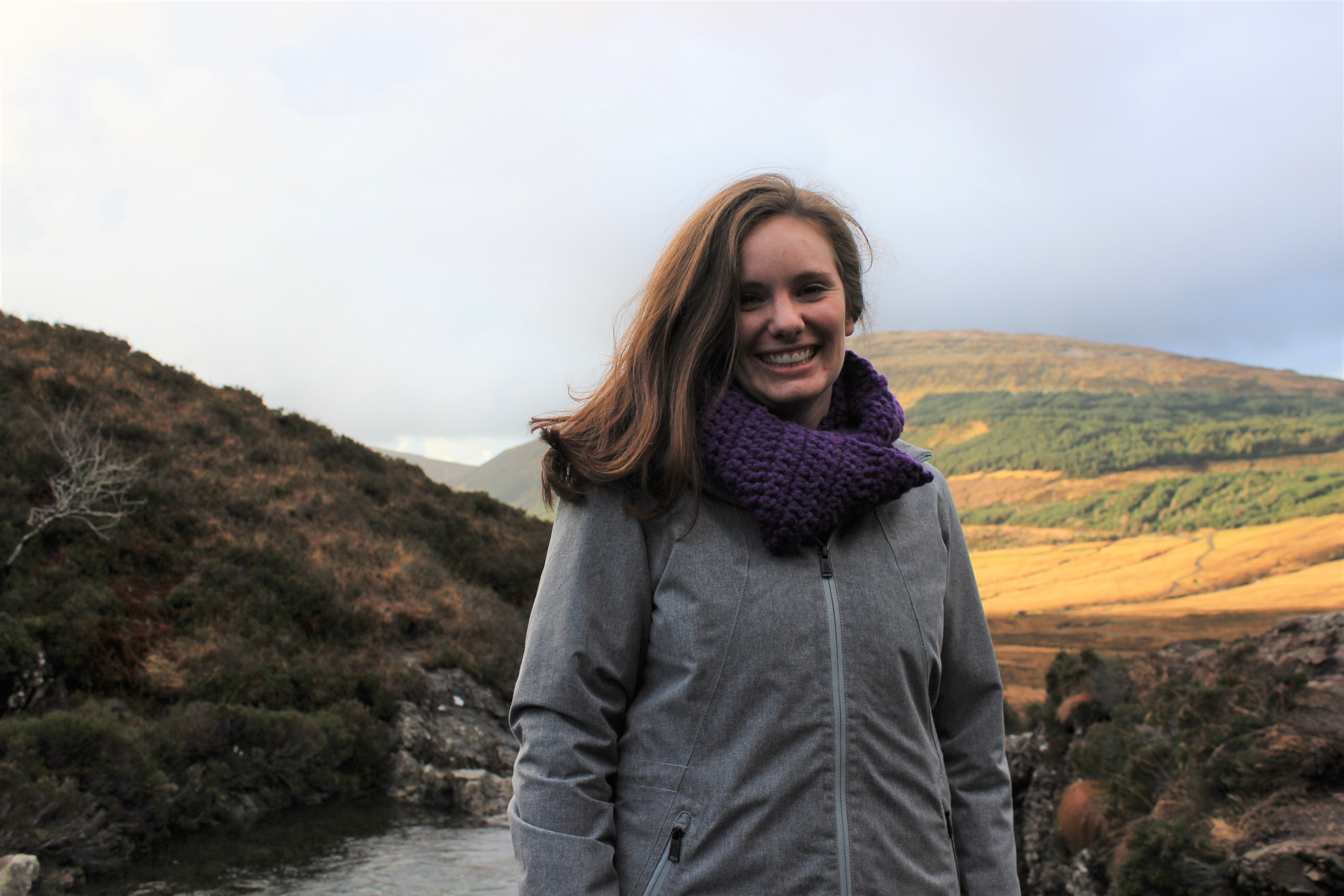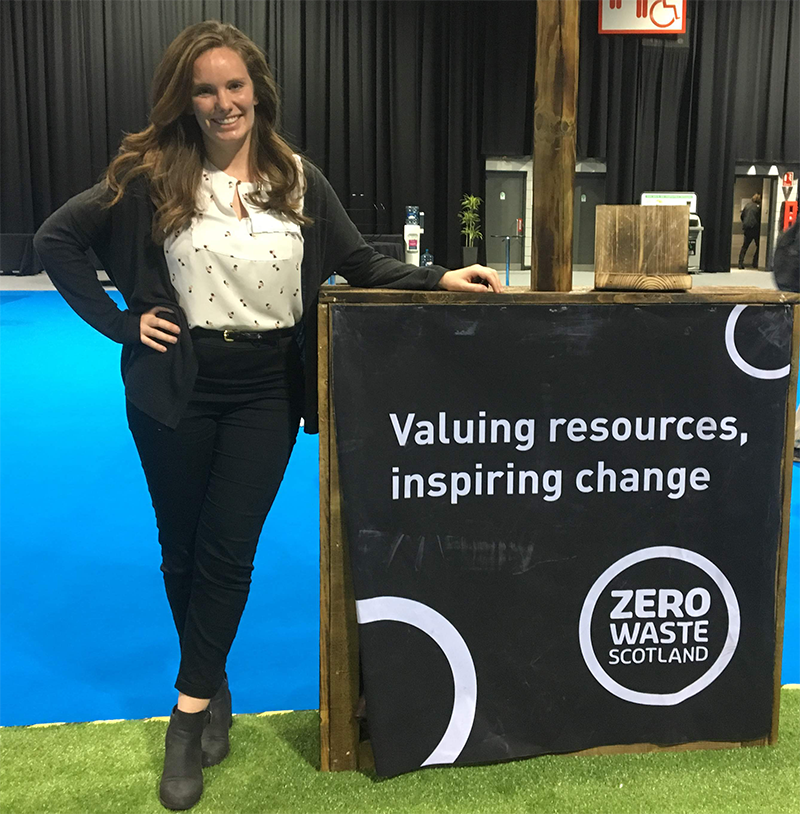Closing the loop: moving from single-use to circular

Kerry Cheek, Festival Sustainability Assistant, reflects on learnings from the Circular Economy Hotspot Scotland.
“What is a circular economy? A framework for an economy that is restorative and regenerative by design.” – Ellen MacArthur Foundation
Most of the world works within a linear economy: a system in which we make, use, and dispose of items in a one-way stream. As the global population grows and we continue to run out of natural resources, this system has become increasingly problematic. Our linear economy has led to shorter product lifespans, plastic and rubbish in the oceans, degraded ecosystems, and the normalisation of waste. One proposed solution to this is the transition to a circular economy, or a system in which everything has value and there is no waste.

Last week, people from all over the world met for the Circular Economy Hotspot Scotland to learn about circular initiatives and discuss how best to achieve this goal. Speakers for the Hotspot came from many backgrounds, including the Co-Chair of UN International Resource Panel, Janez Potočnik, the Founder of Disrupt Design & Unschool, Leyla Acaroglu, and First Minister of Scotland, Nicola Sturgeon. While all of the speakers had unique perspectives and stories to share, a few key messages were clear throughout the event.
We need radical levels of collaboration
As a society we are more interconnected than ever, which makes us more dependent on each other as we work to find solutions to global problems. Climate change is certainly a global problem, and any effective solution will require collaborative efforts across the world. The circular economy can offer a solution for economic success within the limits of our environment, but achieving this will take previously unseen levels of global collaboration. Countries, governments, industries, and organisations will need to work together to create change.
There is power in individual actions and local government
This need for global collaboration can seem intimidating, especially to people who might feel powerless to influence such large-scale changes. It is also important to recognise the great impact that individuals can have on the circular transition. You can make a difference through daily purchasing and disposal choices, as well as through interactions that you have with friends, family, and colleagues.
These local impacts are evident in the success seen in circular city initiatives. In particular, Circular Glasgow has led the way in this area and intends to become Scotland’s first circular city, set to publish a Circular Economy Route Map in 2019. Cities have the ability to move beyond the limit of larger politics and are taking the lead in the transition to a circular economy. The choices that you and your community make can directly benefit the success of this transition.
Don’t assume the worst
Following the recent IPCC (Intergovernmental Panel on Climate Change) update stating we have 12 years to reduce emissions before climate catastrophe, one last message was particularly clear throughout the conference. While these predictions of ‘climate doom’ present one option for how the future might look, there is still time to change this outcome. It is important to recognise and to discuss the challenges we are facing, but the future is not defined, and we all have the ability to change it in some way. It is not too late to act, but we need to start now.
- Find out more about circular economy at the University of Edinburgh
- Ellen MacArthur Foundation
- Zero Waste Scotland
- Circular Economy Hotspot Scotland





Recent comments